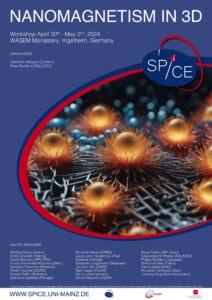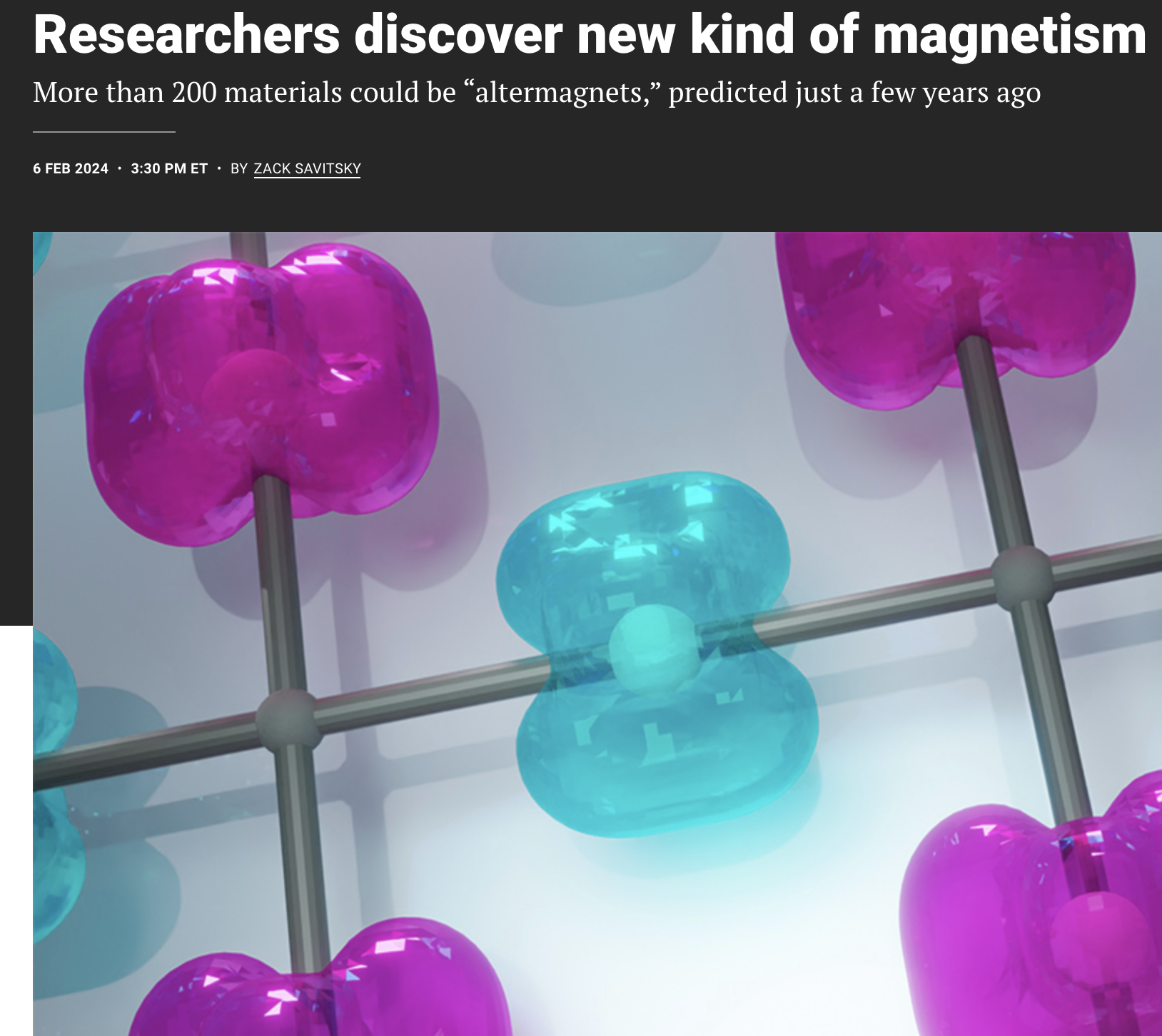The scientific and technological exploration of three-dimensional magnetic nanostructures is an emerging research field with exciting novel physical phenomena, originating from the increased complexity in spin textures, topology, and frustration in three dimensions. Tailored three-dimensional nanomagnetic structures, including in artificial spin ice systems or magnonics will enable novel applications in magnetic sensor and information processing technologies with improved energy efficiency, processing speed, functionalities, and miniaturization of future spintronic devices. Another approach to explore and harness the full three-dimensional space is to use curvature as a design parameter, where the local curvature impacts physical properties across multiple length scales, ranging from the macroscopic to the nanoscale at interfaces and inhomogeneities in materials with structural, chemical, electronic, and magnetic short-range order. In quantum materials, where correlations, entanglement, and topology dominate, the local curvature opens the path to novel phenomena that have recently emerged and could have a dramatic impact on future fundamental and applied studies of materials. Particularly, magnetic systems hosting non-collinear and topological states and 3D magnetic nanostructures strongly benefit from treating curvature as a new design parameter to explore prospective applications in the magnetic field and stress sensing, micro-robotics, and information processing and storage.
Exploring 3d nanomagnetism requires advances in modelling/theory, synthesis/fabrication, and state-of-the-art nanoscale characterization techniques to understand, realize and control the properties, behavior, and functionalities of these novel magnetic nanostructures.
This workshop will bring together experts from different areas in the magnetism community to discuss the challenges and opportunities of expanding nanomagnetism towards the third dimension.
This workshop is organized by SPICE as part of the Gutenberg International Conference Center (GICC) at Johannes Gutenberg University Mainz (JGU). The GICC is funded through the German Research Foundation’s (DFG) university allowance in the Excellence Strategy program and aims at fostering JGU as a national and international research hub. By organizing regular conferences and workshops in fields of excellent JGU research, the GICC provides a platform to build interest networks and collaborations – to promote exchange and dialog among academics and research groups from all over the world.
If you are interested in this SPICE-Workshop, please click the button, to apply before March 4th, 2024. If your application is successful, you will be contacted in March 2024 with a link to register. The conference fee is 450 euros. Accommodation is not included. The online conference fee (live in Zoom participation) is 50 euros. Poster Sessions and Poster Flash Presentations will be organized only for those attending in person.








